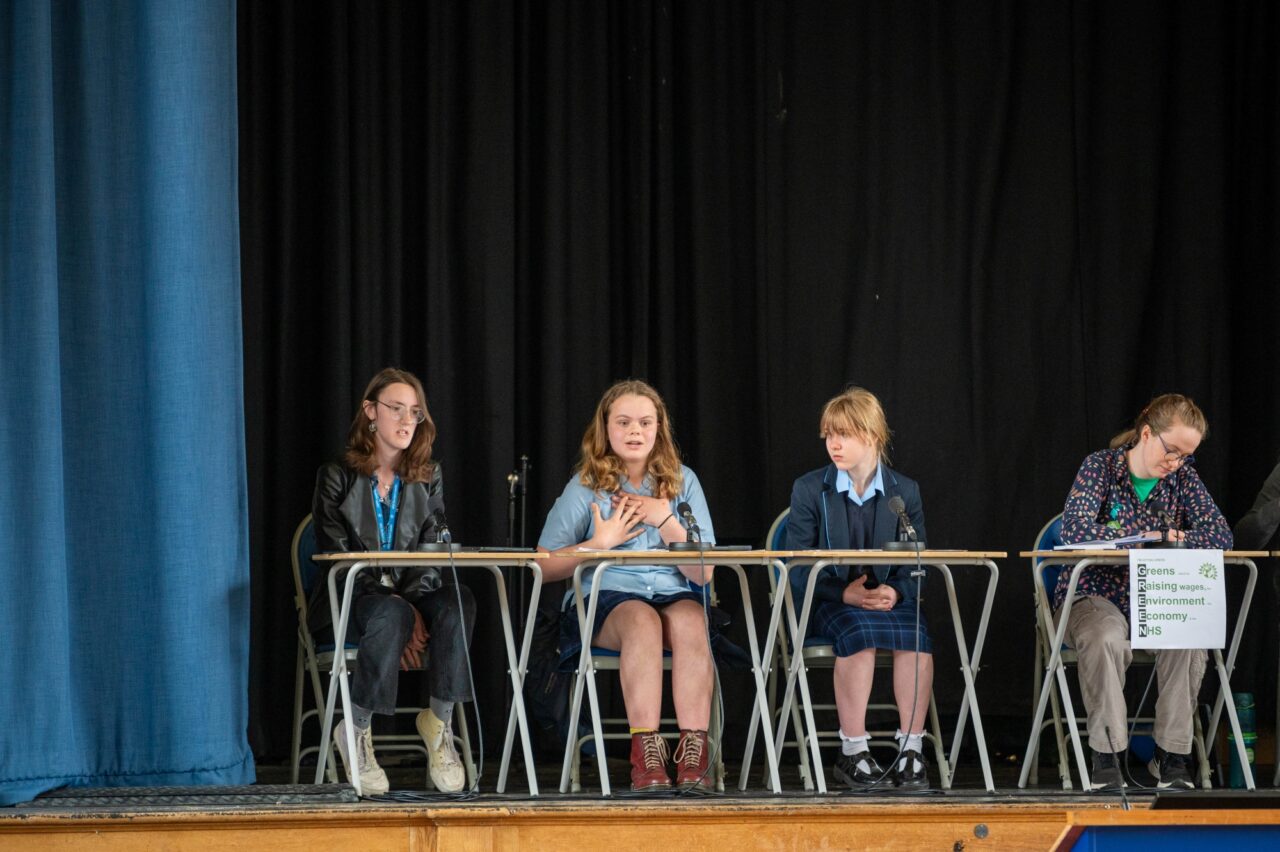Writing in the Early Years
Writing is a key skill that plays a crucial role in a child’s development, and it’s never too early to start fostering a love of it! For children in the Early Years at Headington, Oxford the journey of learning to write is a vital and exciting part of their early education. Here are some ideas and strategies to add to your toolkit to help your child develop their writing skills while making the process engaging and fun!
Fine motor skills are an important technique to develop children’s writing, from holding a pencil correctly to subsequently writing at length. Some fun (and messy) activities that have been a hit in school may include; cutting up jelly using scissors, making cornflour slime using cornflour and water and using tweezers to pick up different items such as coloured beads or sparkly gems.
Many children love creating with clay and play dough, which strengthens their hand muscles ready to form letters. ‘Dough Disco’ sessions, which can be found on YouTube, or ‘Squiggle Whilst You Wiggle’ are fun ways to develop writing stamina, whilst moving along to music. These enjoyable activities will help children develop their hand muscles, improve hand-eye coordination, and gain control over their fingers.
Before children can write letters and words, it is essential to develop their pre-writing skills. For many early writers, this could include chalking big shapes on the floor, painting, or drawing. This will help to support children’s letter formation, essentially turning shapes into controlled letters. Try to encourage your child to express themselves through storytelling. They can draw pictures or tell you a story, and you can write down their words for them. This helps children to understand that their thoughts can be translated into written text, demonstrating the importance of writing. There are many different incentives to encourage children to write at home and at school, whether it be sparkly gel pens, colourful markers, post-its, whiteboards or cards with envelopes. Letting children experiment with a variety of different writing mediums can increase their confidence and allow children to practice in an exciting, and safe, way.
At Headington Rye Oxford, one of the leading nursery schools in Oxfordshire, we follow the Read, Write, Inc. phonics scheme which is a systematic, synthetic, and high-impact phonics program. Children learn letter formation through a series of different rhymes, such as ‘around the apple, down the leaf’ for the letter a. We use Read, Write, Inc. mnemonics, and memory pictures, to help children visualise the letter before writing. Subsequently, children then learn the letter formation alongside learning the sound.
As always, positive reinforcement and celebrating all writing efforts will boost a child’s confidence and encourage them to write more. Emphasise that it’s okay to make a marvellous mistake when writing, the important thing is to keep trying with a resilient mindset!
All writing in Early Years at Headington is celebrated and encouraged. Children will write phonetically in the initial stages, spelling a word like ‘beautiful’ as ‘byootiful’. This phonetic writing is a transitional and temporary stage in a child’s writing development. As they progress within phonics, learn new spelling rules and are exposed to a wide variety of stories and written texts, they will gradually move to becoming confident spellers.
There are many playful ways to engage children in early writing when out and about. Spotting letters in the local environment on signs and in books can be a fun game to play. For example, how many Es can we spot in the supermarket? Have a try at writing shopping lists, or even the family dinner menu. Your child could try writing what snack they would like after school, or writing down a recipe whilst baking to look back on later. Children could create labels and signs within their bedroom or around the house. Writing should be fun!
Thinking of creative and engaging ways to develop children’s fine motor skills, alongside writing for a purpose, will help to create keen and enthusiastic writers who relish the challenge of writing at length.



